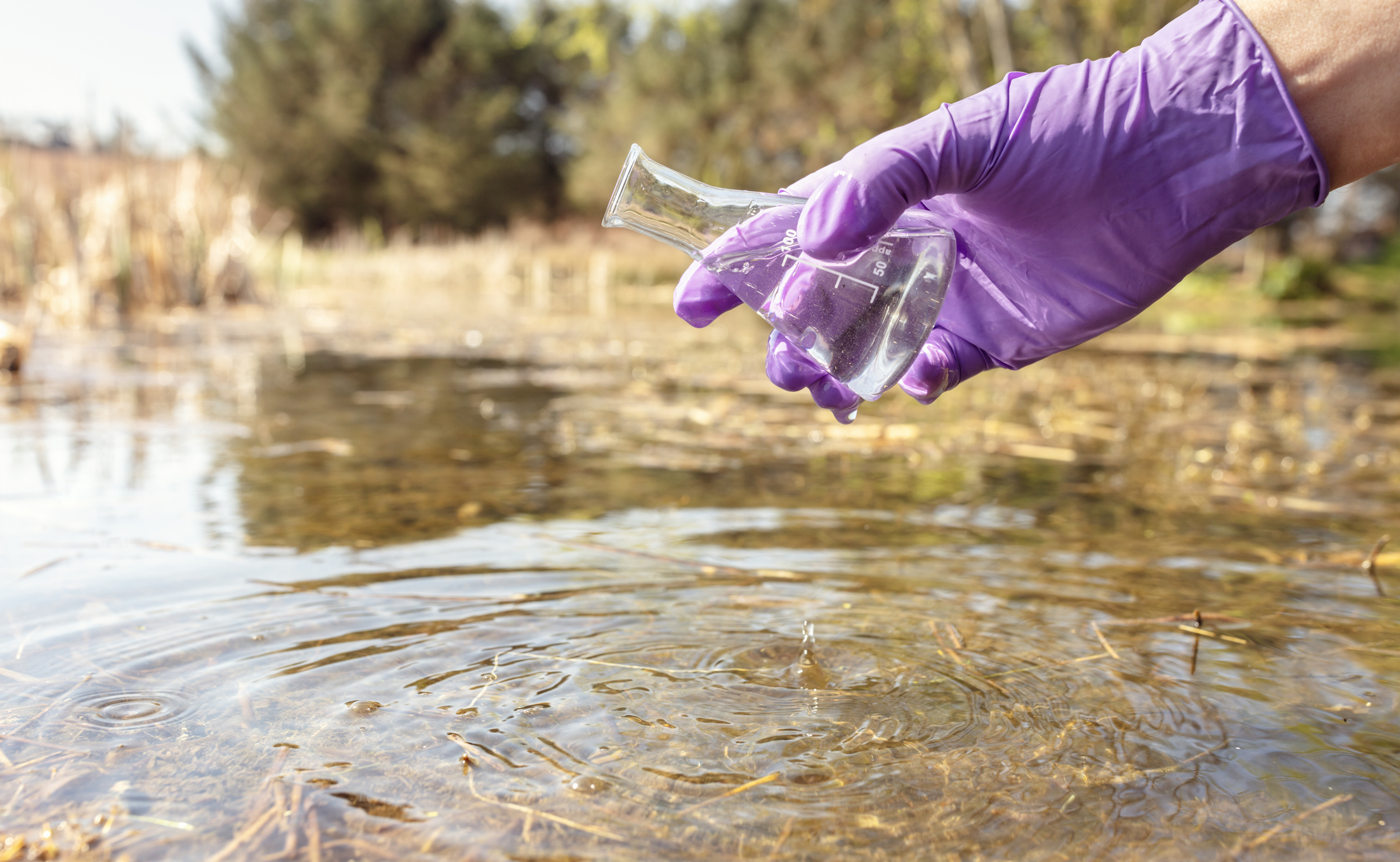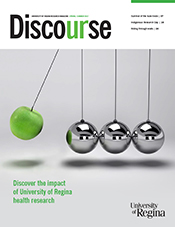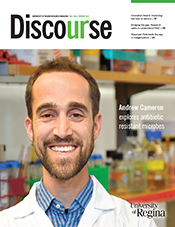Doctoral student Merelda Fiddler-Potter was awarded the prestigious Vanier Canada Graduate Scholarship. (Photo by Rachel Buhr)

Her research will explore the media’s role in helping Canadians learn the truth of past and present colonial policies and the impact on Indigenous peoples. She will also determine how current news stories are framed, how Canadians interpret Indigenous policy issues as a result, and how the media can compel people into action in order to keep reconciliation high on the public agenda.
“My work as a journalist and as an academic has been to change the negative portrayal of Indigenous people,” says Fiddler-Potter. “We need to both learn and share our unique local histories, in order to build on the media’s first draft of our shared Canadian history, and reclaim our culture and traditions to share with our communities.”
“My work as a journalist and as an academic has been to change the negative portrayal of Indigenous people.”
2 For the last 18 years,R. Nicholas Carleton’s career has focused on understanding relationships between trauma, pain, and mental health.
Now Carleton, psychology professor and scientific director of the Canadian Institute for Public Safety Research and Treatment, is helping Canada’s public safety personnel (PSP) by developing and integrating a comprehensive system of mental health research and treatment across the country.

His research activities focus on the prevention of, and early intervention for, mental health injuries among PSP. By creating and implementing innovative, technologically advanced, and potentially lifesaving mental health interventions, Carleton and his team are developing tools that could help protect and support the mental health of Canada’s more than 300,000 PSP. For this significant work, Carleton has been named a Member of the Royal Society of Canada’s College of New Scholars, Artists, and Scientists.
3Every year since 2015, Yiyu Yao, a professor in the Department of Computer Science, has been ranked one of the most highly cited researchers in the world in his subject field. He received his 2019 ranking in November.
Web of Science, the world's largest research intelligence platform, annually recognizes world-class researchers selected for their exceptional research performance, demonstrated by production of multiple highly cited papers that rank in the top one per cent by citations for field and year.
Since early December, Yao has authored or co-authored 292 publications and was cited 10,092 times. His most highly cited paper, “Relational interpretations of neighborhood operators and rough set approximation operators,” was published in the journal Information Sciences, and has been referenced in 558 published papers.

Since early December, Yao has authored or co-authored 292 publications and was cited 10,092 times
4 A Government of Canada agroclimate report states that in 2017 the southern regions between British Columbia and the southeastern Prairies faced their driest summer in 70 years.
That spring, a portion of the northern agricultural region in Alberta and Saskatchewan experienced extreme moisture conditions that caused substantial delays in spring seeding, crop development, and harvesting.
These extreme climate events take a toll on the land, and, with a critical need to address them, in September the University welcomed Soe Myint, a Fulbright Canada Research Chair in Environmental Studies.

His goal is to discover if and how environmental degradation, social and economic changes, and land-use dynamics influenced ground and surface water changes in central and western Canada between 2002 and 2017. His study is designed to provide transformative options for future water use and policy changes for sustainable resource management.

















